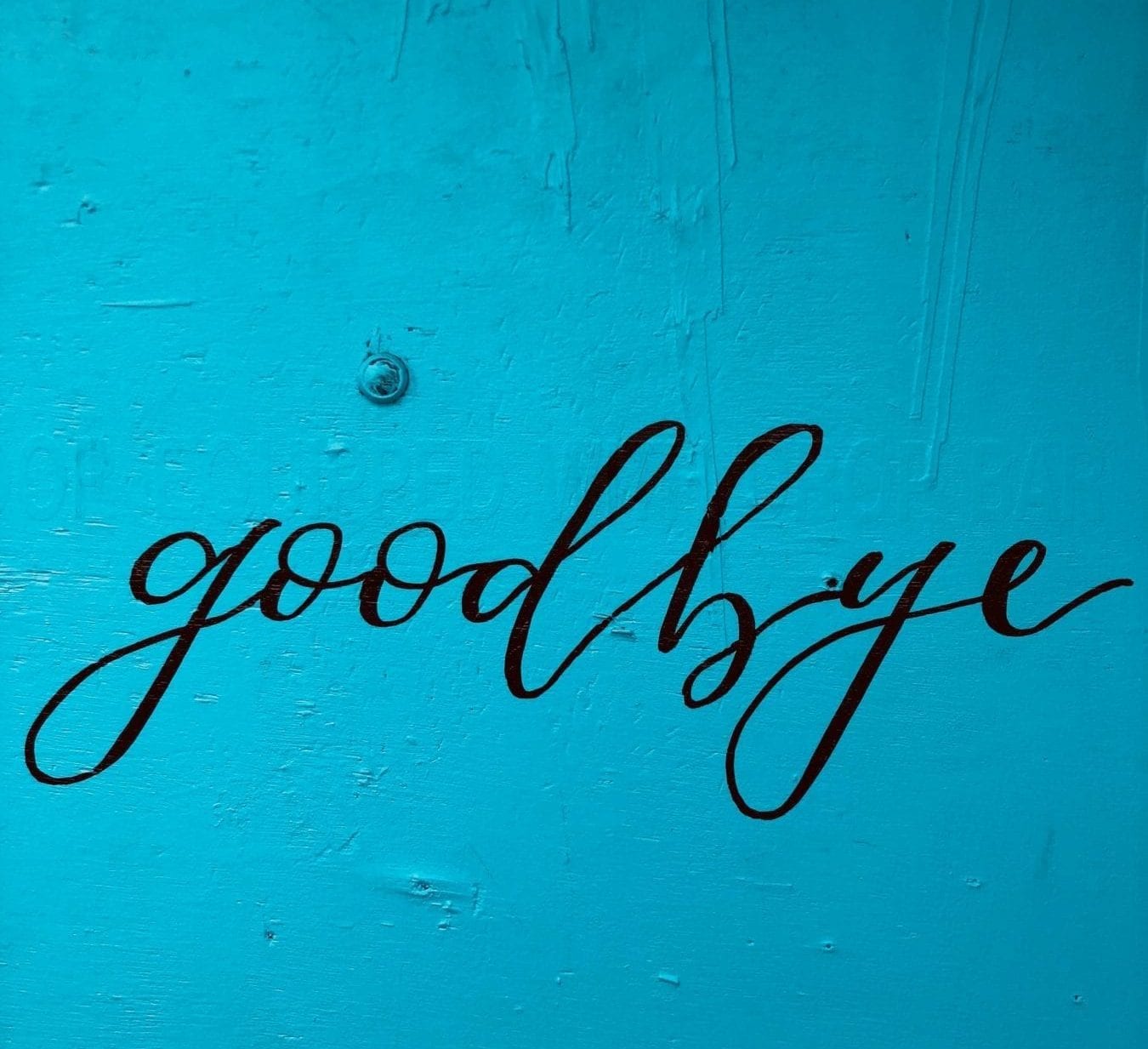
Receiving Notice
The letter arrives about two years after that fateful morning, when I was only 48 and he uttered those life-changing words, “I think you’re in the beginning stages of Parkinson’s disease.”
I should have anticipated the letter. After all, at my second appointment he said he expected to practice “another couple of years.” Not only this, but looking back he had already reduced his hours and worked three days a week. Perhaps he wanted to wean me, and hundreds of others, off his life sustaining care. Maybe he hoped to wean himself after four plus decades of a dedicated professional life.
Either way, he said, “When the time comes, I’ll make sure you get with another neurologist who will take good care of you.”
I knew all along that the time would come too soon.
“It’s been a privilege taking care of you…,” the letter says, and a lump forms in my throat and emptiness numbs my chest, like when moving away from my best friends in middle school or when a former girlfriend told me that she wanted to break-up. Now aged 51, the adult world’s norms do not temper my despair.
A Unique Loss
Why might losing a doctor prompt such primitive and painful emotions?
It must have something to do with vulnerability.
In the medical relationship, from start to finish, patients dwell in a vulnerable place. Always exposed and often compromised, whether physically, emotionally, or both, we yield power over our bodies and futures while simultaneously pledging deep trust and forming our greatest hopes.
Our doctors have hopes for us, too, and for relieving our plight. It can be difficult to detect this hope. Many doctors and patients assume that the professional relationship prescribes impermeable boundaries. At their worst, these boundaries can place great emotional distance between us, and can inform what philosopher Michel Foucault termed “the medical gaze,” wherein the doctor focuses on the body as separate from the person’s larger identity.[1] Even so, in most cases, I believe, a measure of shared hope marks this unique relationship.
Of course, we enter into this relationship willingly and with trust because the stakes of being, staying, or getting healthy remain high. For those of us with acute or chronic illnesses, any relationship with a doctor begins and evolves with us in need. We need to feel better, to reduce symptoms, to build strength, and, as much as any of this, to have good quality of life. Therefore, we place great hope in our doctor’s ability to treat us and to care for us; and with each visit, as our shared history builds, our shared hope can build, too.
Importantly, we place our hope not merely in a person, the doctor, but even more so in the relationship, imbalanced though it may have to be. Our hope remains tethered to experiences of care marked by empathy, listening, consultation, and collaboration.
Maybe, then, losing a doctor makes us lose hope.
Mourning and Reinvesting
Obviously, we cannot prevent losing a doctor. Besides, doctors have the right to retire as much as anyone else does. But our doctor retiring, or closing a practice, or, as I also experienced, dying, differs from when any of this happens with our barber, dentist, or accountant, as important as these relationships may be. Losing our doctor, who knows us in such detail, so intimately, and to whose care we entrust our lives, can feel like its own kind of death.
As a result, recognizing this unique type of loss, and mourning it, are both necessary and appropriate, even as we reinvest by seeking out a new doctor with whom to be vulnerable, to develop trust, and to rebuild hope.
It’s my last appointment with him, and after leaving the exam room and walking together toward the front desk, we stop and I extend my hand.
“I’ll always be grateful for you,” I say. “I’m happy for you…and I’ll miss you.”
The lump in my throat returns. So does the emptiness in my chest.
“You’re going to do well…and it’s been my pleasure,” he says.
I want to say more, but I don’t.
Slowly leaving his office, I take the elevator to the parking garage and get in my car.
I wipe my eyes before driving to work.
_____
[1] Michel Foucault, The Birth of the Clinic (New York: Routledge, 1989).
Photo by Renee Fisher on Unsplash
Allan Cole is a professor in The Steve Hicks School of Social Work at The University of Texas at Austin. Diagnosed with Parkinson’s in 2016, at the age of 48, he serves on the Board of Directors at Power for Parkinson’s, a non-profit organization that provides free exercise, dance, and singing classes for people living with Parkinson’s disease in Central Texas, and globally via instructional videos. He also serves as a Community Advocate for ParkinsonsDisease.net, writing columns about living well with Parkinson’s. He is author or editor of 10 books on a range of topics related to bereavement, anxiety, and spirituality. Currently, he is writing a book on counseling people with Parkinson’s disease, which will be published by Oxford University Press.
Follow him on Twitter @PDWiseBlog
